May 30 | 2024
Data, Transparency and Collaboration Key to Successfully Implementing EU ETS
_3.jpg) By Emma Dailey
By Emma Dailey“The world is burning, we are running out of time, and 2023 has been the hottest year on record,” said Jørgen Westrum Thorsen, senior manager of sustainability at Wallenius Wilhelmsen, during the “Decarbonization Strategies: Solutions for Implementing EU ETS” panel discussion at Breakbulk Europe.
The shipping industry is on the brink of significant transformation, as industry leaders gathered to discuss the pressing need for decarbonization and the impact of new regulations. The panel discussion, moderated by Albert de Haan, CEO of Carbon Rooster, centered around the European Union Emissions Trading System, or EU ETS.
Thorsen emphasized the importance of EU ETS: “EU ETS follows the polluter pays principle, and it’s about time.” The regulatory framework is a commercial advantage pushing the industry toward greener practices, he said, adding that Wallenius Wilhelmsen is taking bold steps toward achieving net zero emissions by 2040, such as its pledge to refrain from investing in vessels that run only on fossil fuels.
Nick Lurkin, senior advisor on climate and environment at the Royal Association of Netherlands’ Shipowners (KVNR), acknowledged the shifting landscape. “In principle, we are not against carbon pricing systems like EU ETS.” However, he expressed concerns about market distortions caused by current thresholds and advocated for these thresholds to be lowered. Lurkin also drew attention to the allocation of revenues generated by EU ETS, proposing that they should be reinvested into the industry.
He also underscored the necessity of transparency and collaboration, especially with non-European entities that must comply with EU regulations. He encouraged ship owners to take action “sooner rather than later, as carbon prices are volatile”, and further changes to pricing mechanisms could be imminent.
Friederike Hesse, co-founder and managing director of zero44, highlighted the complexities that come with such regulations. “It’s right to bring this regulation to the industry, but at the same time it’s very complex regulation, and changing the way shipping companies do business.” She pointed to the need for strategic decisions regarding investments in new builds, refurbishments and fuel choices. Hesse said that good data is crucial in guiding these decisions, claiming that “software and digitalization can make a real difference.”
Thorsen echoed this sentiment, outlining Wallenius Wilhelmsen’s strategy: “Digital in, carbon out.” He stressed the need for transparency and partnerships, adding that Wilhelmsen is striving to be a “shaper, not a follower, and we definitely don’t want to sit on the fence.”
Interested in joining the conversation? Then reserve your tickets today for Breakbulk Americas 2024, the region's largest event for breakbulk and project cargo.





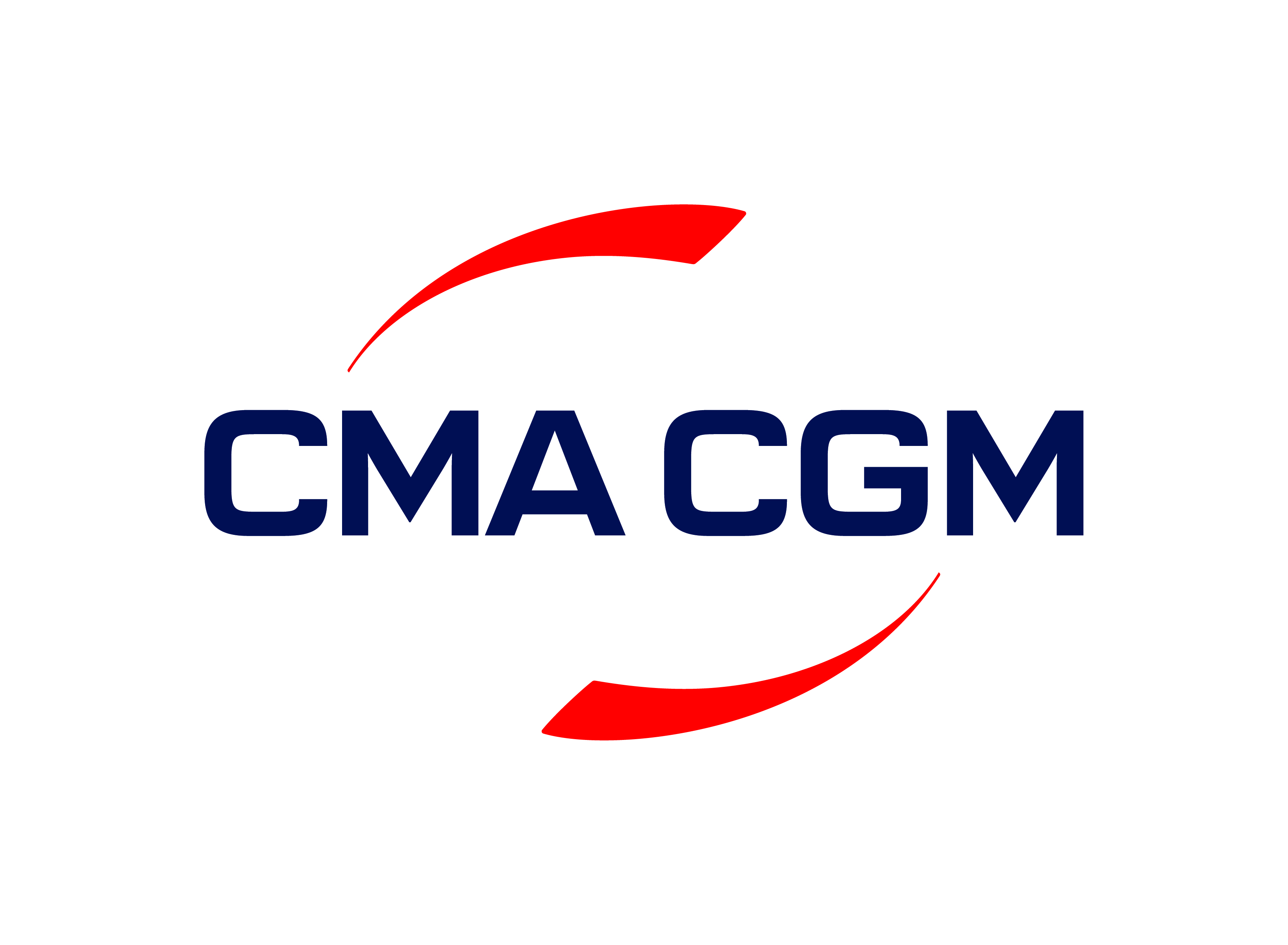
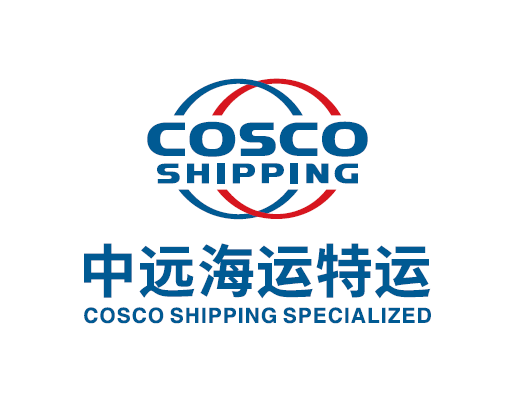

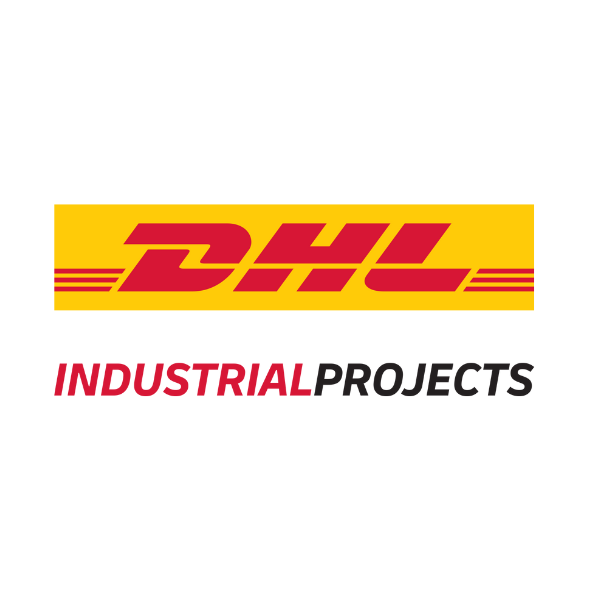
.png?ext=.png)

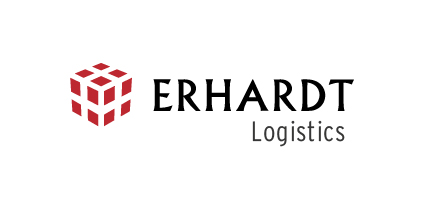

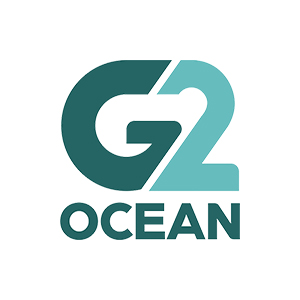




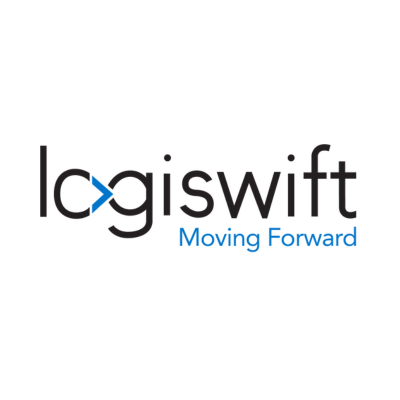
.png?ext=.png)




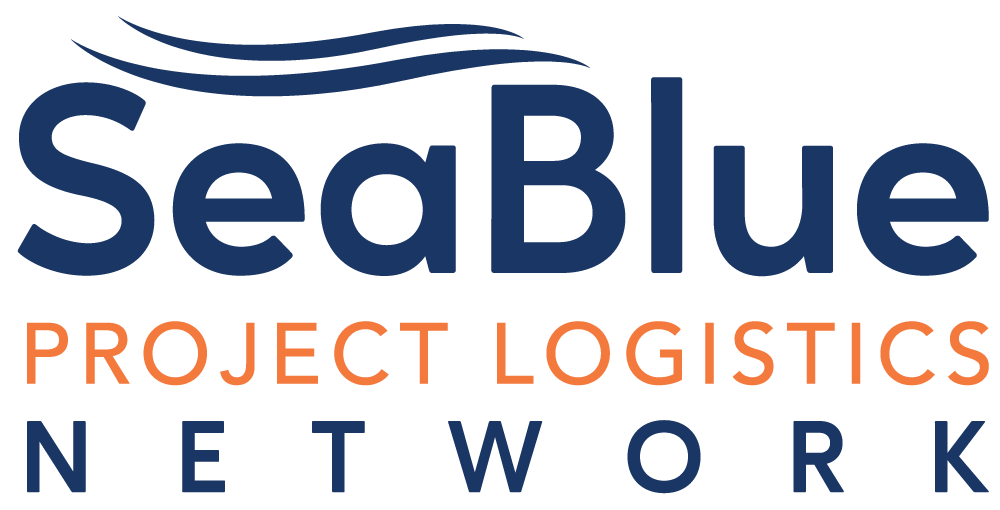

.png?ext=.png)



